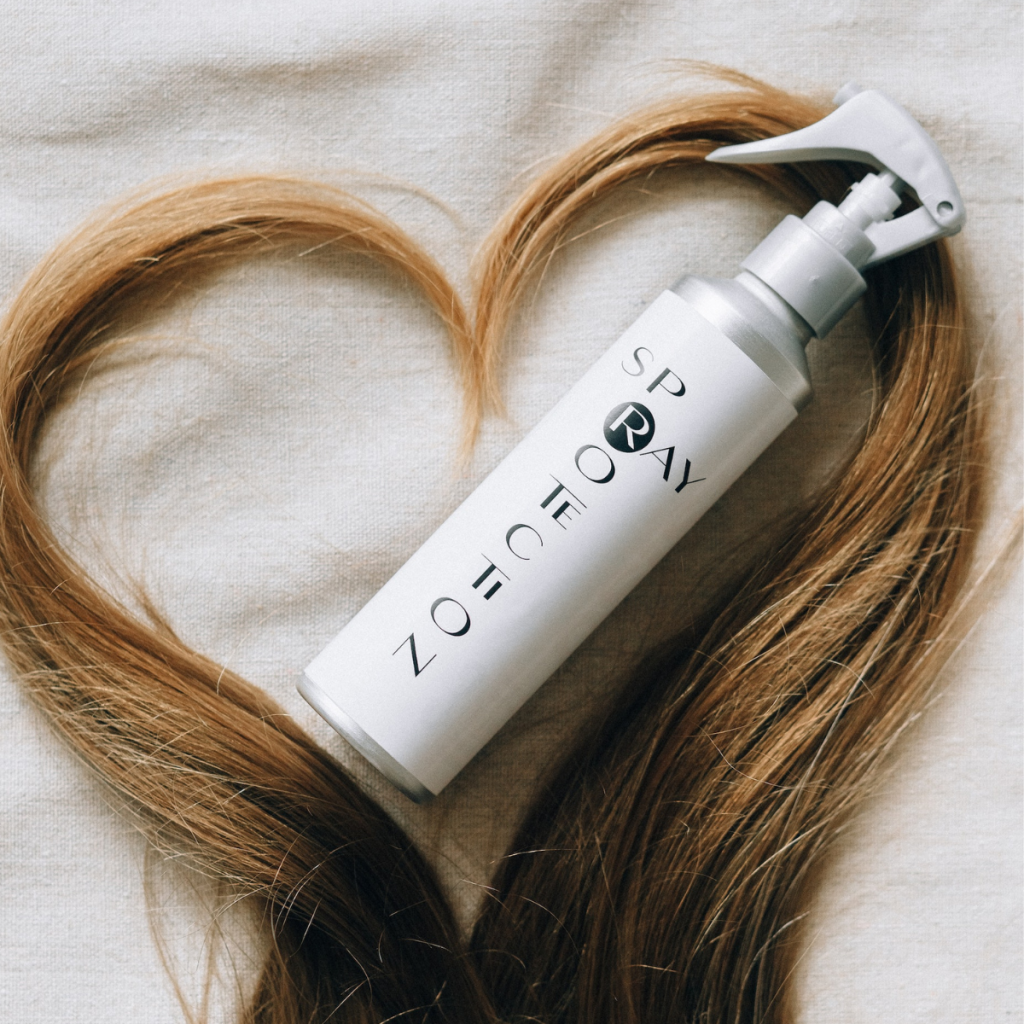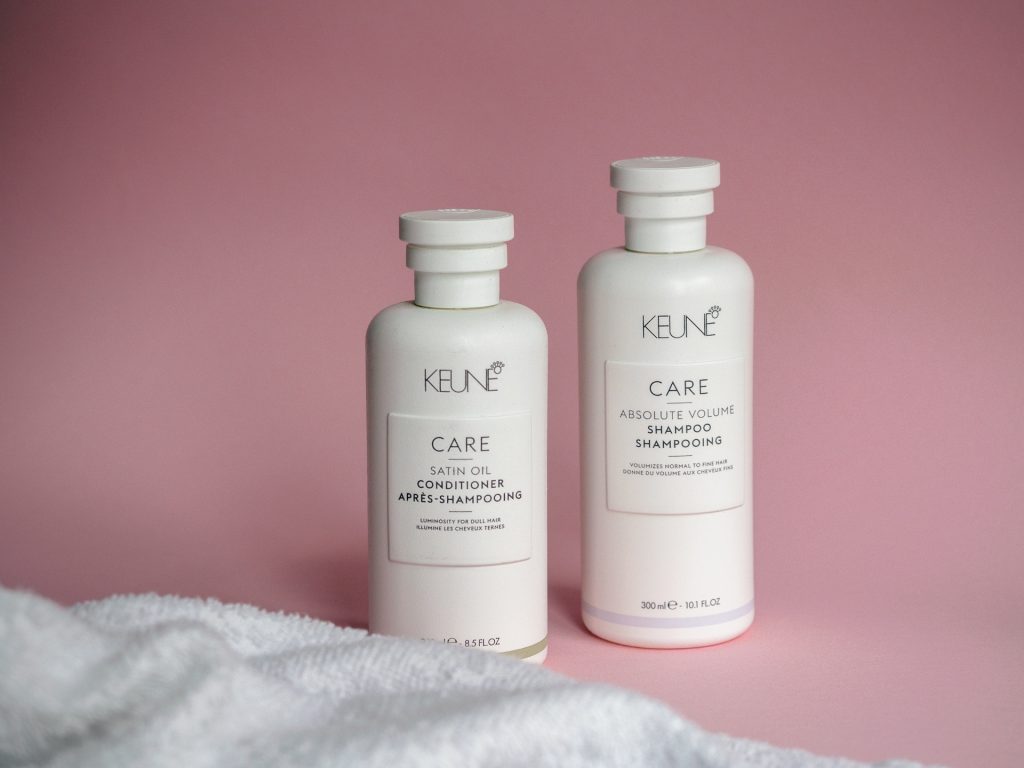Discover the benefits and drawbacks of using a cleansing conditioner as a substitute for traditional shampoo.
Can I Use a Cleansing Conditioner Instead of Shampoo?
Sure, you could use a cleansing conditioner instead of shampoo, but before you go all-in on this trend, let’s dive deep into the world of hair care and understand why shampoo has been the go-to choice for so long. Don’t worry, we’ll also explore what cleansing conditioners are and why they’ve become popular. So buckle up, as we take a wild ride through the science behind shampoo and the pros and cons of using both shampoo and cleansing conditioners.
Understanding the Basics of Hair Care

When it comes to hair care, there’s a lot more at play than simply washing your locks. It’s like a beautiful dance party between your hair, your scalp, and the products you use. To truly appreciate the role of shampoo and cleansing conditioners, let’s groove our way through the fundamentals.
Did you know that the health of your hair is directly linked to the health of your scalp? That’s right! Your scalp is the foundation for strong and beautiful hair. It’s important to keep your scalp clean and balanced to promote healthy hair growth.
Now, let’s dive deeper into the role of shampoo in hair care. Shampoo, that bubbly potion we all know and love, is designed to cleanse your hair and scalp. It’s all about removing dirt, excess oil, and product buildup like a superhero on a mission. But did you know that not all shampoos are created equal?
There are shampoos specifically formulated for different hair types and concerns. Whether you have dry, oily, or damaged hair, there’s a shampoo out there that can address your specific needs. Some shampoos even contain ingredients like tea tree oil or peppermint oil, which can help soothe an itchy scalp or stimulate hair growth.
But shampoo doesn’t just stop at cleansing. It also helps to balance your scalp’s pH levels, keeping it healthy and happy. pH, short for “potential of hydrogen,” is a measure of how acidic or alkaline a substance is. The ideal pH level for your scalp is slightly acidic, around 5.5. This acidity helps to maintain the natural moisture and protective barrier of your scalp, preventing issues like dryness and irritation.
The Role of Shampoo in Hair Care
Now that we’ve covered the basics of shampoo, let’s move on to the newest player in the hair care game – the cleansing conditioner. Think of it as a hybrid between a shampoo and a conditioner. This little wonder cleanses your hair while also providing moisture and nourishment. It’s kind of like the ultimate multitasker for your locks.
Unlike traditional shampoos, cleansing conditioners don’t contain harsh sulfates that can strip your hair of its natural oils. Instead, they rely on gentle cleansing agents and nourishing ingredients like aloe vera, coconut oil, and shea butter to cleanse and hydrate your hair at the same time.
One of the benefits of using a cleansing conditioner is that it can help reduce frizz and improve the overall manageability of your hair. It’s a great option for those with dry or damaged hair, as it provides extra moisture without weighing your hair down.
So, whether you prefer the traditional shampoo route or want to give a cleansing conditioner a try, understanding the basics of hair care is essential for maintaining healthy and beautiful locks. Remember, it’s not just about the products you use, but also how you care for your scalp and nourish your hair from within.
The Science Behind Shampoo and Cleansing Conditioners

Now that we’ve got the basics down, let’s put on our lab coats and dive into the fascinating science that makes shampoo and cleansing conditioners work their magic.
But before we delve into the specifics, let’s take a moment to appreciate the complexity of our hair. Each strand is made up of three layers – the cuticle, cortex, and medulla. The cuticle is the outermost layer, consisting of overlapping scales that protect the inner layers. The cortex contains proteins called keratin, which give our hair its strength and structure. And finally, the medulla, which is the innermost layer and is responsible for the hair’s elasticity.
How Shampoo Works
Shampoo contains surfactants, which are fancy molecules that attract both oil and water. When you massage shampoo into your hair, it creates a beautiful chemistry experiment. The surfactants grab onto the dirt and oil particles in your hair, allowing them to be rinsed away with water.
But how do these surfactants actually work? Well, they have a hydrophilic (water-loving) head and a hydrophobic (oil-loving) tail. The hydrophilic head attracts water, while the hydrophobic tail attaches itself to the oil and dirt in your hair. This unique structure allows the surfactants to lift away the grime and grease, making it easier for water to wash them away.
Additionally, shampoos often contain other ingredients like foam boosters, fragrances, and preservatives. Foam boosters help create that satisfying lather we all love, while fragrances give our hair a pleasant scent. Preservatives, on the other hand, ensure that the shampoo stays fresh and free from bacteria.
How Cleansing Conditioners Work
Cleansing conditioners, on the other hand, rely on a gentler approach. They typically contain less harsh surfactants and more conditioning agents like oils and emollients. These ingredients work together to cleanse your hair without stripping away too much moisture, leaving your locks soft and shiny.
Unlike traditional shampoos, cleansing conditioners have a higher concentration of conditioning agents, which help to nourish and hydrate the hair. These agents form a protective layer around the hair shaft, preventing moisture loss and reducing frizz. Additionally, the oils and emollients in cleansing conditioners can help to smooth the hair cuticle, resulting in improved manageability and reduced breakage.
It’s worth noting that cleansing conditioners are especially beneficial for individuals with dry or damaged hair. The gentler cleansing agents and increased moisturizing properties can help restore and rejuvenate the hair, leaving it healthier and more vibrant.
So, whether you prefer the traditional cleansing power of shampoo or the gentle nourishment of cleansing conditioners, there’s no denying the fascinating science behind these hair care products. Understanding how they work can help us make informed choices and achieve the best results for our hair.
Pros and Cons of Using Shampoo
Let’s spill the tea on shampoo. While it has been the reigning champ in hair care for years, it’s not without its pros and cons.
Shampoo, oh how it has revolutionized the way we care for our hair. With its foamy lather and enticing fragrances, it has become an essential part of our daily routine. But what exactly are the benefits and potential drawbacks of using shampoo? Let’s dive in and explore.
Benefits of Regular Shampoo
Using shampoo regularly helps to keep your hair and scalp clean and refreshed. It’s like a mini spa treatment for your hair, washing away the impurities of the day. The gentle massage of your fingertips as you work the shampoo into your scalp stimulates blood circulation, promoting healthy hair growth.
One of the greatest advantages of shampoo is its ability to remove excess oil from your hair. Greasy locks can be a nuisance, weighing down your strands and making them look limp and lifeless. But fear not, shampoo comes to the rescue, leaving your hair feeling light, bouncy, and oh-so-fresh.
Product buildup is another common enemy of our precious tresses. Over time, styling products, such as hairspray, mousse, and dry shampoo, can accumulate on our hair, leaving it dull and lackluster. But with the power of shampoo, you can bid farewell to this buildup and restore your hair’s natural shine and vitality.
And let’s not forget the volume-enhancing properties of shampoo. If you’ve ever marveled at someone’s luscious, voluminous locks and wondered how they achieve such gravity-defying hair, the secret might just lie in their choice of shampoo. With the right formula, shampoo can give your hair that extra oomph, making it appear fuller and more voluminous.
Plus, have you ever experienced that fresh, just-stepped-out-of-the-salon feeling? That’s the magic of shampoo! It can make you feel like a million bucks, boosting your confidence and putting a spring in your step.
Potential Drawbacks of Shampoo Use
But like all good things, there can be a catch. Shampoo can sometimes be too harsh, especially if you have dry or sensitive hair. The cleansing agents in shampoo can strip away the natural oils that keep your hair moisturized, leaving your locks feeling dry and brittle. It’s like a double-edged sword, cleansing your hair while simultaneously robbing it of its natural hydration.
However, fear not, for the hair care industry has recognized this concern and developed a wide range of shampoos specifically formulated for different hair types. Whether you have dry, oily, or sensitive hair, there is a shampoo out there tailored to meet your unique needs. So, it’s essential to find a shampoo that caters to your specific hair type and concerns.
Another potential drawback of shampoo use is the presence of certain chemicals that may not be suitable for everyone. Some shampoos contain sulfates, which are cleansing agents that create the foamy lather we all love. However, sulfates can be harsh on the scalp and may cause irritation for those with sensitive skin. If you fall into this category, fear not, for sulfate-free shampoos are now readily available, offering a gentler alternative.
In conclusion, shampoo is a true game-changer in the world of hair care. Its benefits, such as keeping your hair clean, removing excess oil, and adding volume, are undeniable. However, it’s crucial to be mindful of its potential drawbacks, such as dryness and the presence of certain chemicals. By choosing the right shampoo for your hair type and needs, you can enjoy all the perks while minimizing any potential downsides. So, go forth and shampoo your way to fabulous hair!
Pros and Cons of Using Cleansing Conditioners
Now, let’s give some love to our newfound friend, the cleansing conditioner. It’s time to sway to the rhythm of its pros and cons.
Advantages of Cleansing Conditioners
Cleansing conditioners are a godsend for those with dry or damaged hair. Their gentle formula helps to hydrate and nourish your locks while cleansing them. They’re like a big warm hug for your hair, leaving it softer and more manageable.
Possible Disadvantages of Cleansing Conditioners
However, cleansing conditioners might not be everyone’s cup of tea. If you have an oily scalp or tend to use heavy styling products, a cleansing conditioner may not effectively remove all the buildup. It’s also worth noting that some people find that their hair feels weighed down by the extra moisture provided by cleansing conditioners.
Comparing Shampoo and Cleansing Conditioners
Alright, it’s time for the ultimate showdown: shampoo versus cleansing conditioners. Get ready for a hair-raising comparison!
Effectiveness in Cleaning Hair
When it comes to cleaning power, shampoo takes the crown. Its strong surfactants make it ideal for effectively removing dirt, oil, and product buildup. On the other hand, cleansing conditioners might struggle to cleanse as thoroughly, especially if you have particularly stubborn or oily hair.
Impact on Hair Health
Both shampoo and cleansing conditioners can contribute to hair health, but in different ways. Shampoo helps to maintain a balanced scalp, keeping it clean and free from excess oil. Cleansing conditioners, with their moisturizing properties, can restore hydration to dry and damaged hair, making it feel more healthy and vibrant.
So, can you use a cleansing conditioner instead of shampoo? The final verdict: it depends on your hair type, preferences, and your desired outcome. If you’re looking for a deep cleanser, shampoo may be your best bet. But if you crave a gentle cleansing experience with added hydration, give a cleansing conditioner a whirl. At the end of the day, it’s all about finding what works best for your fabulous locks. Now go forth and rock your hair care routine like the superstar you are!





